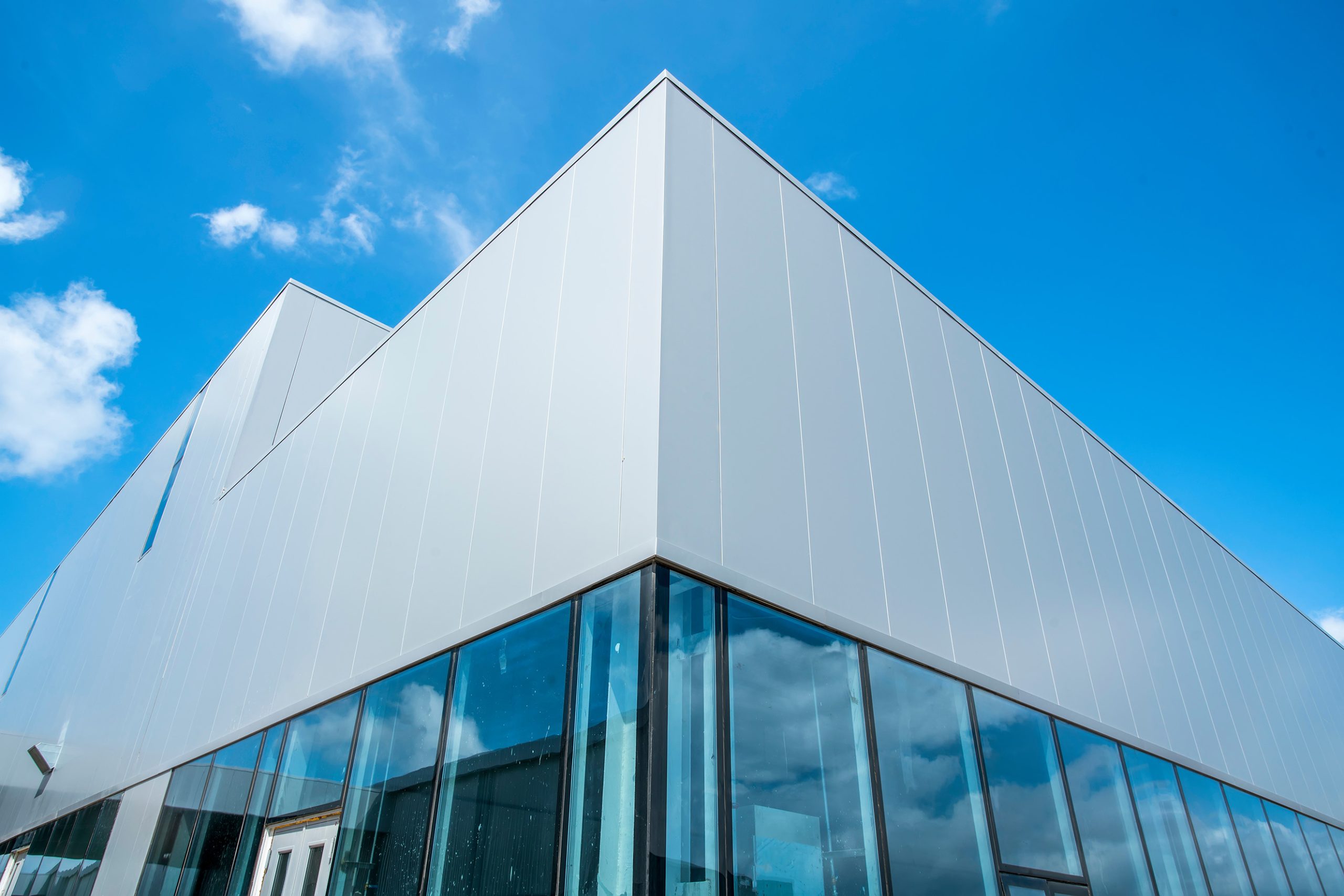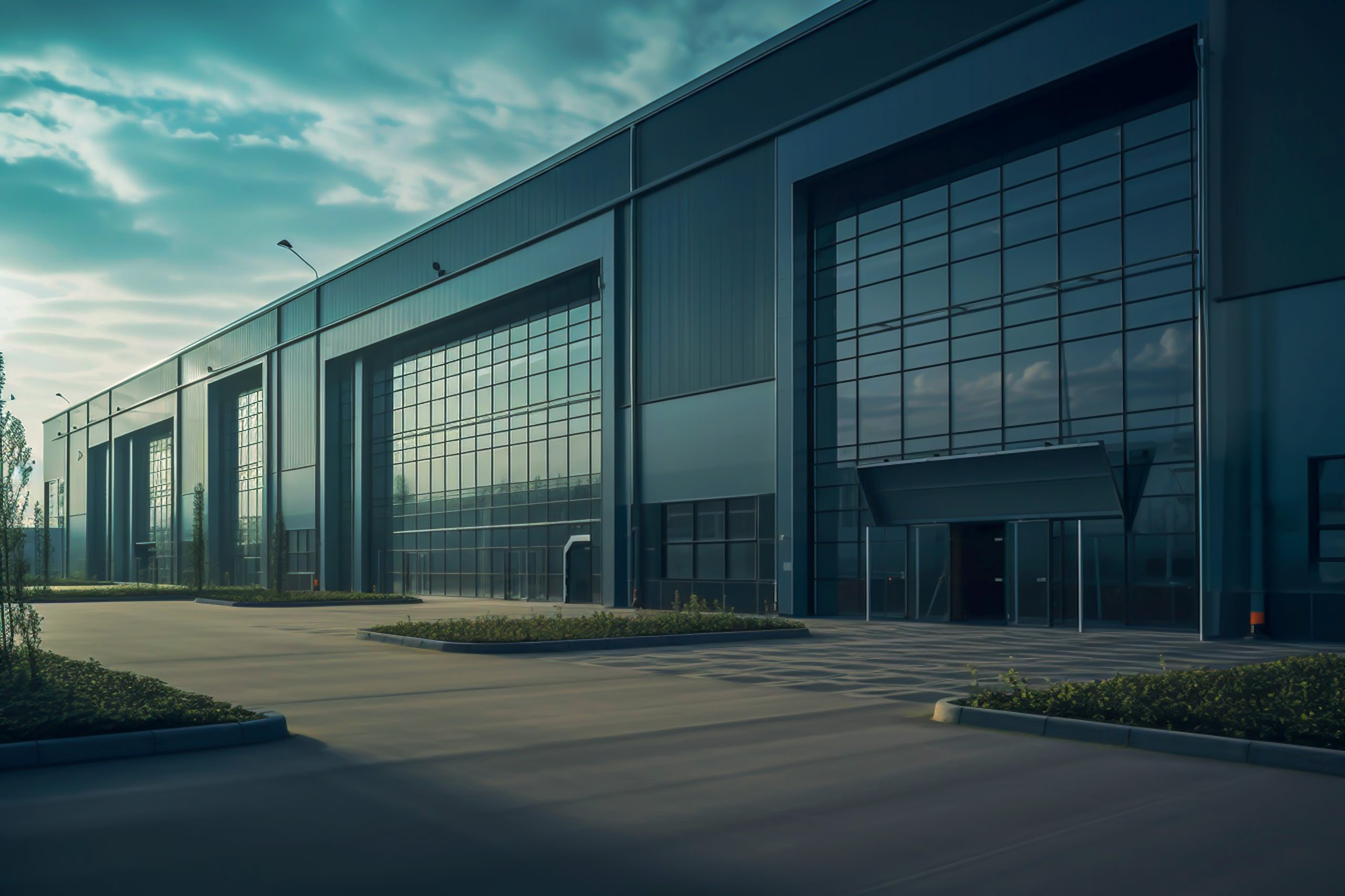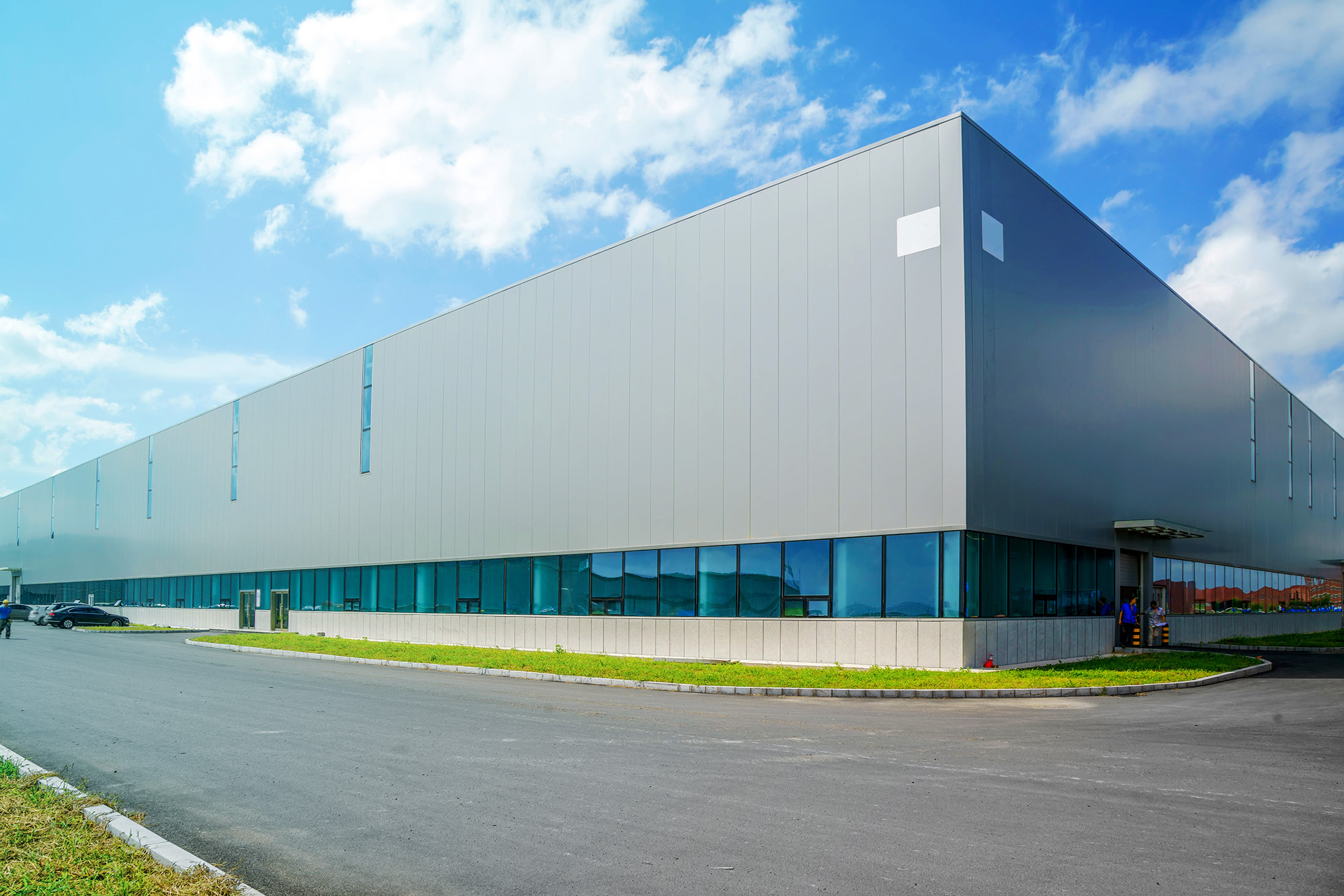After finding a suitable commercial property and deciding to take on a lease, one of the first things to consider is how long a lease should you agree?
It is a very important consideration, as commercial property leases are binding contracts for a specific period of time. Long leases can provide security for the business, whereas a short lease can provide flexibility. Sometimes a difficult trade off. What is right for your business?
In the majority of cases, the landlord will prefer a long lease to be signed. This provides them with security/certainty of income. Each time, they have to find a new tenant, they will have to pay an agent to market the property and a solicitor to draft the lease. Keeping the same tenant is preferable.
A long lease also provides security for a business as well and this can be important for certain businesses.
What is considered a long lease? This has changed over time. Previously 25 year leases were common, but since the late 1980’s, the length of leases has reduced significantly. Partly due to market forces, brought about by economic uncertainty. 10 years is now considered a long leaseand typically leases agreed are considerably shorter, as tenants have demanded more flexibility.
So what lease length is right for your business, 1,3, 5, 10 years or beyond?
Some things to consider:-
- Expected future growth.How quickly do you expect your business to grow? Are you likely to outgrow the property? Do you expect that to come from a single location or could growth come from acquiring additional sites?
- How much is your fit out costing– You will want a lease of sufficient length to recover your fit out costs. This is particularly relevant to the food and leisure sectors, which traditionally have high fit out costs.
- Will you want to sell the business?Having built up the business from a location, and want to sell, having a long lease is beneficial.
- Demand and supply– In markets where there is little supply and high demand, landlords have greater negotiating power and therefore might insist on a longer lease.
- Unpredictable events– Certain events might occur, that shift markets. Leases are legally binding commitments. A shorter lease can provide more flexibility.
Agreeing the length of lease is part of the negotiation processand tends to be agreed with the landlord’s property agent.
Property agents, acting for landlords, will probably be negotiating for a long lease and will point out that even in a long lease, there are mechanisms that allow a tenant to off load the lease, should difficulties occur. These are termed alienation provisionsand include the right for the tenant to assign the lease or underlet. However, it is important to note that even in this situation, there remains an obligationon you as a tenant.
Long leases are not right for every businessand those wanting to reduce risk and commitment, might negotiate a shorter term lease (1 to 5 years).
Property agents are likely to insist that if a short term lease is agreed then this is contracted out. Be wary of this. By agreeing to this, you give up your right of security of occupation when the lease ends. Your security of occupation (called security of tenure in technical speak) is important if you want an automatic right to renew your lease in the future.
In summary, a long lease will provide security of occupation for your business, whilst a short lease provides flexibility. Sometimes this can be a very difficult trade off. Is there any opportunity to have security and flexibility.
Yes and that is to negotiate alonger term lease, with tenant only break clauses.
If you need advice in negotiating your commercial property lease, contact us now.




